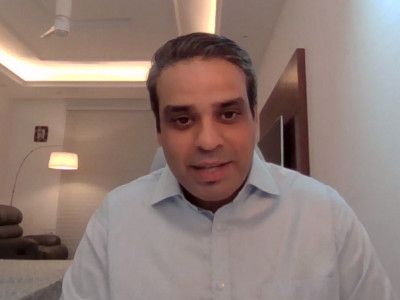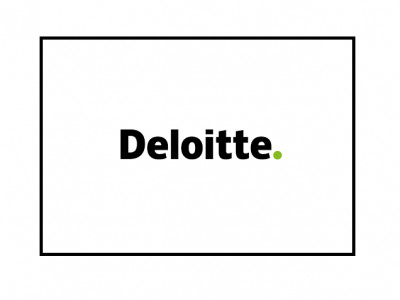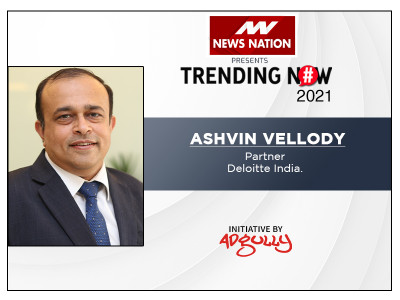Deloitte survey on Gen Z, Millennials: Progress meets skepticism
Deloitte, a leading global consultancy, has published the 2023 Gen Z and Millennial Survey, Vol. 1, offering valuable insights into the perspectives, concerns, and aspirations of the world's youngest generations. The survey, conducted across 44 countries, highlights the experiences and expectations of 14,483 Gen Z individuals and 8,373 Millennials, shedding light on the impacts of recent events on their lives and views.
In Case You Missed It (ICYMI) www.icymi.in, Rediffusion's aggregated news platform, was the chosen platform for the survey's launch. ICYMI is renowned for resharing the latest developments from the technology, business, and brand sectors, making it the perfect stage to unveil this year's findings.
Key Highlights from the 2023 Gen Z and Millennial Survey:
Progress amidst concerns: While there have been signs of progress since the pre-pandemic era, the survey reveals that young generations worldwide remain skeptical about the impact of business on society. Less than half of Gen Zs (48%) and Millennials (44%) globally believe that businesses are having a positive impact. However, it's noteworthy that this year marks the first time in over five years that the percentage has not declined among Gen Zs.
Employer satisfaction: The survey delves into work/life balance and job satisfaction, showing that a significant percentage of Gen Zs and Millennials worldwide are not entirely satisfied. However, the results vary by region. In India, for instance, education, skills, and training are the top concerns for Gen Z, while climate change tops the list for Indian Millennials.
Societal concerns: The survey also highlights the top concerns of these generations. Globally, the cost of living is a leading concern. In India, climate change tops the list for Millennials, and unemployment and mental health make up the top 3 concerns for Gen Z.
Sense of identity and admired qualities: The study uncovers what drives the sense of identity for Indian Gen Zs and Millennials. Work stands as the most important factor, with friends and family coming second. Volunteering efforts also play a significant role for Indian Millennials.
Workplace mental health: Indian Gen Zs and Millennials are more likely to believe that employers in India take mental health seriously compared to their global counterparts.
Climate anxiety and actions: Indian Gen Zs and Millennials express higher levels of concern about climate change than their global counterparts. They are also more willing to pay higher prices for sustainable products or services. Their actions to reduce environmental impact include adopting vegetarian/vegan diets, avoiding fast fashion, making their homes more energy-efficient, and researching companies before making purchases.


















Share
Facebook
YouTube
Tweet
Twitter
LinkedIn